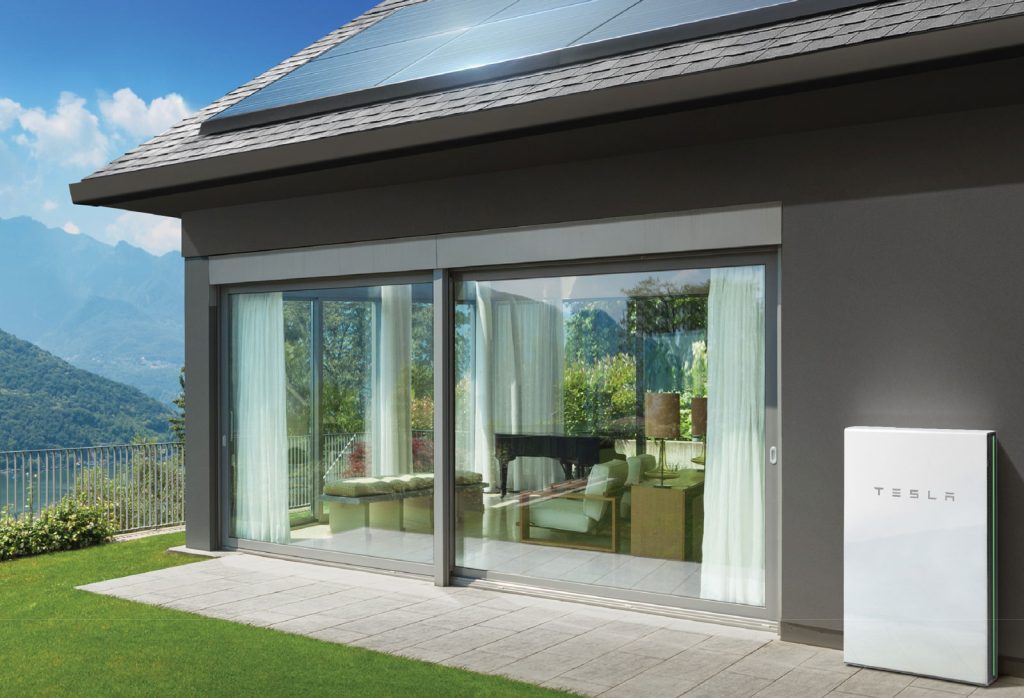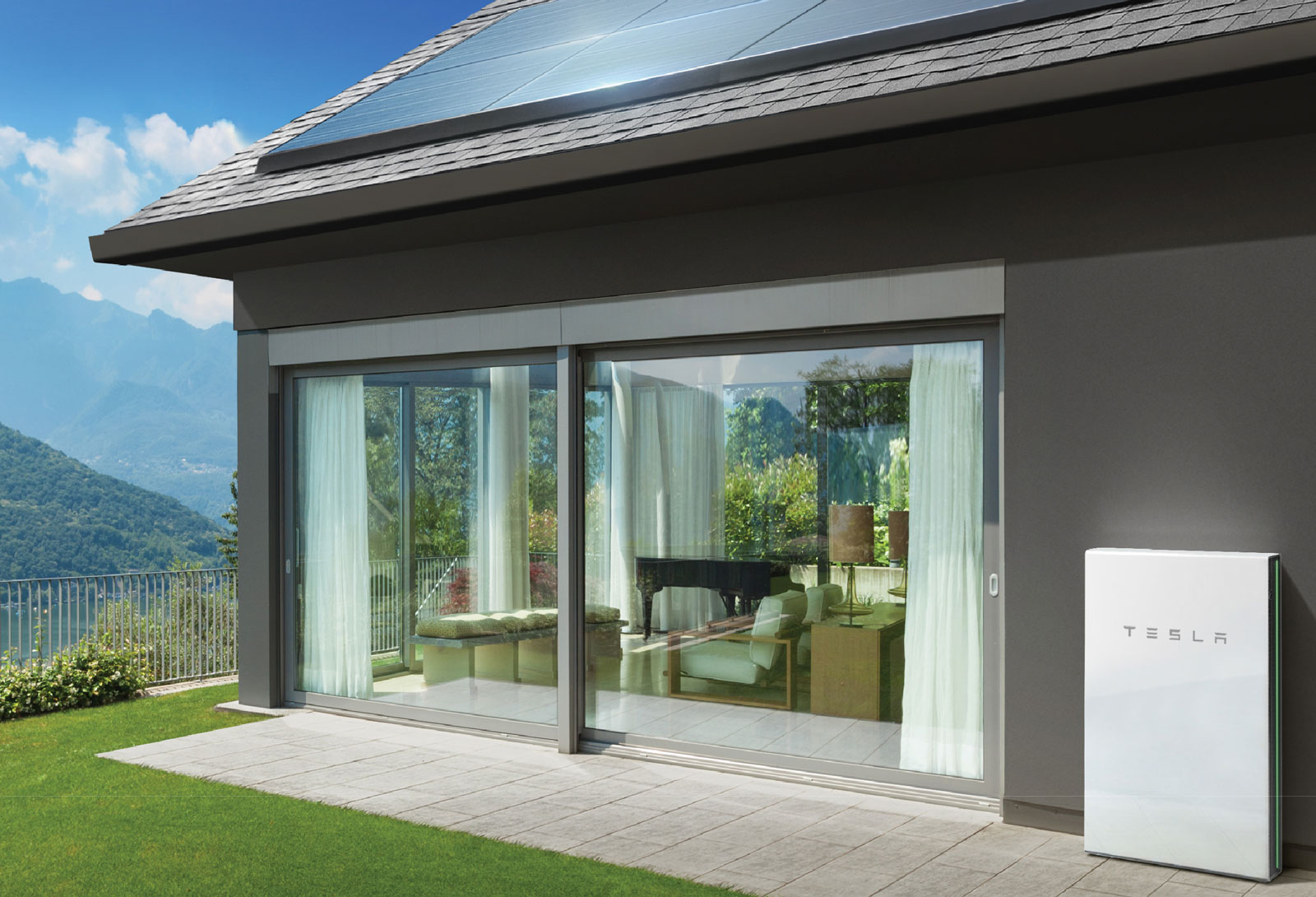
You probably heard how recent winter storms left around millions of Texans without electricity. Many people were left without power for multiple days – and this was for the 2nd time in three years! The US is experiencing an increasing number of power outages that are becoming more frequent and longer-lasting due to extreme weather events such as hurricanes, wildfires, and winter storms.
All of this begs the question – how long can you power a home with solar and battery if the grid goes down? Imagine that you’re dealing with a brutal California heatwave, or are amidst a lengthy power grid outage! During these times, a home equipped with a solar and battery power system can be a lifesaver. The length of time that a solar and battery system can power a home during an outage depends on several factors, including the amount of energy consumed by the home, the size of the battery bank, and the amount of sunlight available to recharge the system.
One of the amazing benefits of solar and battery storage is that it serves as both a preventive and resilient solution to climate change and extreme weather. In general, a well-designed solar and battery system can provide power for several hours or even days, depending on the energy demands of the home and the size of the battery.
In a limited critical load scenario that does not include heating or cooling, a compact Photovoltaic Energy Storage System (PVESS) with just 10 kWh of storage capacity (which is on the lower end of the current market sizes) can fully provide backup power needs for up to three days during any month of the year in almost all counties across the United States. This makes PVESS a reliable and efficient solution for power outages caused by extreme weather events.
However, it’s important to note that extreme weather events can also reduce the amount of sunlight available to recharge the system, which may require additional backup power sources to be brought in. Despite the challenges, the use of solar and battery power systems can provide a reliable and sustainable solution to power outages caused by extreme weather events.
Power a Home with Solar and Battery
The length of time that a solar and battery power system can provide electricity during an outage depends on several factors, including the size of the solar array and battery bank, the amount of energy consumed by the home, and the weather conditions during the outage.
Assuming that the solar and battery system is properly sized and installed to meet the energy demands of the home, the system can provide power during an outage for as long as the battery has stored energy.
For example, a typical home might consume around 30 kilowatt-hours (kWh) of electricity per day, and a well-designed solar and battery system might store around 20 kWh of energy. In this case, the battery could power the home for around 16-20 hours without any additional solar power input. If the home receives enough solar power during the day to fully recharge the battery, the system could theoretically provide power indefinitely.
It’s important to note that the actual amount of time that a solar and battery system can provide power during an outage can vary widely depending on factors such as the size and efficiency of the system, the amount of energy consumed by the home, and weather conditions. In some cases, it may be necessary to supplement the solar and battery system with a backup generator or other power source to ensure that essential home systems can continue to function during a prolonged outage.
Get Solar Before NEM 3.0
If you’ve been considering making the switch to solar power in California, now is the time to pull the trigger! With Net Energy Metering (NEM) 3.0 on the horizon, the financial benefits of going solar are about to change. Starting on April 14, the new NEM 3.0 billing structure will take effect and will significantly reduce the savings that homeowners can achieve by going solar.
Under the current NEM 2.0 program, homeowners who install solar panels are credited for the excess energy they produce and can sell it back to their utility provider at the retail rate. This allows homeowners to offset the cost of their energy bills and save money on their monthly electricity expenses. However, under the new NEM 3.0 structure, the amount that utilities will credit solar customers for their excess energy will be significantly reduced, making it much less financially attractive to invest in solar.
If you act now, you can take advantage of the remaining time before NEM 3.0 goes into effect and get your solar project grandfathered into the current NEM 2.0 program. By starting your solar project today, you can ensure that you will be able to enjoy the benefits of NEM 2.0 and lock in your savings for years to come.
And this is where Stellar Solar comes in – if you’re looking for a solar company that’s out of this world, look no further! With over 20 years of experience under our belt, we are the founders of the San Diego solar scene. Seriously – nobody has outlasted us! Our competitors have come and gone.
We’ve been harnessing the power of the sun since before it was cool (but let’s be honest, solar has always been cool), and we’ve got the expertise to prove it. Check our Google or Yelp reviews if you doubt us! Our team of solar superheroes will guide you through the installation process, from start to finish, with the precision and care that can only come from years of experience.
Our commitment to using only the highest-quality materials, you can be sure that your solar system will stand the test of time – and extreme weather events. So, why settle for anything less than the best? Choose Stellar Solar and start harnessing the power of the sun to power your home. Don’t wait until it’s too late – start exploring your solar options now and take advantage of the remaining time to go solar under NEM 2.0.

